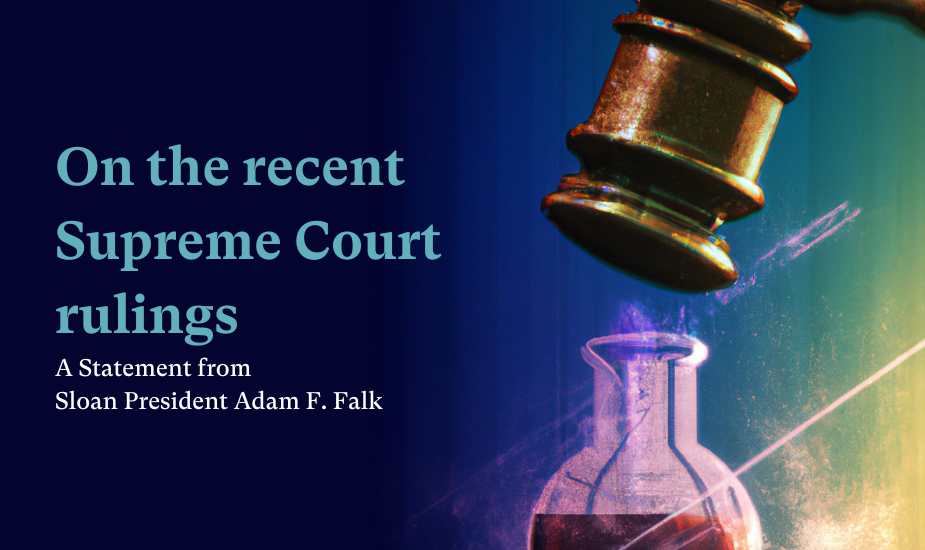
JUNE 30, 2023
The Supreme Court’s recent rulings in Students for Fair Admissions v. Harvard and Students for Fair Admissions v. University of North Carolina upend more than 45 years of Supreme Court precedent. The Court now holds that it is effectively impermissible to consider race as one criterion among many in college admissions decisions, stripping from educators what we know to be a vital, effective tool for advancing educational equity. It has done this not by reversing the precedents of Bakke, Grutter, and Fisher, but by reinterpreting their standards so strictly that compliance with them would be extraordinarily difficult if not impossible. Although such an outcome was anticipated by many, it is nonetheless shocking to see the Court discard a legal regime that has served this country for over four decades by expanding access to higher education, especially for students from Black, Indigenous, and Latina/o/e communities.
The ruling itself is complex, with many concurring and dissenting opinions, and it will take some time to understand the implications fully. However, it is notable that the majority writes that “acquiring new knowledge based on diverse outlooks” remains a “compelling” goal for institutions of higher education to pursue. The Court thus signals that while it has declared illegitimate some of the means that higher education has long used to pursue diversity and inclusion, the ends themselves retain legitimacy. Given the vicious political attacks in some states against the very goal of diversity, this is significant language in an otherwise deeply troubling ruling.
To be clear, no court ruling or political backlash can or will strip away the Sloan Foundation’s own profound commitment to equity, diversity, and inclusion in the scientific enterprise. Since the presidency of Alfred P. Sloan himself, we have placed educational equity at the core of our philanthropic mission. We provide resources to colleges and universities, educational researchers, administrators, scientists, teachers, and students who are remaking our nation’s institutions to better fulfill the promise of a democratic society.
Moving forward, we commit to helping current and prospective grantees adapt to a new legal landscape. We will engage with experts to understand as fully as possible the implications of the Court’s rulings, and then if we must modify our approaches or develop new ones, that’s what we’ll do. As Lorelle Espinosa and I emphasized in an editorial recently published in Science, “Don’t Let the Court Disrupt Science,” we’ll redouble our focus on those strategies for advancing cultural change in science that are not affected by the Court’s rulings.
The Sloan Foundation has long supported the Diversity and the Law project, an effort by the American Association for the Advancement of Science and EducationCounsel, which provides campuses with expert analysis and practical tools to accelerate diversity and equity in science in effective and legally sustainable ways. Efforts are already underway, through this and many other initiatives, to support the higher education community and its many stakeholders as they navigate the Court’s ruling and the uncertainty it brings. We look forward to partnering with others in this critical work.
The national imperative for diversity in science and education has never been more urgent. The Supreme Court ruling has not changed that. We continue to stand with the thousands of educators, advocates, students, and scientists working to reform our scientific institutions towards greater equity and inclusion for everyone.
Adam F. Falk
President